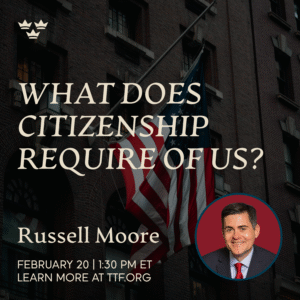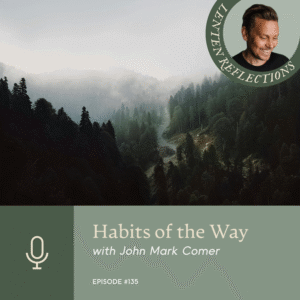We live in an age in which pragmatism is hot and ideology is not.
Barack Obama is being praised for the centrists he is appointing to his Administration. It is said that the Obama team includes “the best and the brightest,” individuals driven by empirical evidence rather than political philosophy. “They [the American people] don't want ideology,” according to Obama. “They want action and they want effectiveness.” Mr. Obama speaks about his appointments sharing his bent for “pragmatism.” Technocrats and Socratic dialogue are in, while conviction politicians and an adherence to political philosophy seem passé.
As it happens, I'm delighted that the (very early) indications are that President-elect Obama is exhibiting a centrism that was well-disguised during his days as an Illinois state legislator and U.S. Senator, when he amassed a very liberal voting record. His liberalism will undoubtedly reassert itself at various points along the way, and it can't be stated often enough that we are only at the dawn of the Obama era. It may be that the man named by National Journal as the most liberal member of the Senate governs that way as President. Nevertheless, the selections Obama has made so far are an encouraging sign. In addition, Obama's cautions about ideology are worth taking into account. It can indeed lead people to ignore facts that challenge their worldview (for example, denying progress of the so-called surge in Iraq long after it was clear it was succeeding).
At the same time, with pragmatism all the rage, it is worth considering its limitations.
When pragmatism–an approach to politics that is characterized by centrist, moderate, deal-cutting instincts rather than a commitment to core political principles–becomes a defining political identity, it often leads to ad hoc policies. Decisions are made discretely, in an unrelated fashion, and are not put within a larger philosophical framework. Pragmatism tends to be process-oriented, reactive, and crisis-driven. And it assumes politics is above all about management.
Politics is of course about the day-to-day management of affairs. But at its best it is about the pursuit of ideals like justice and liberty, partnership for the common good, and fostering the conditions that allow for human flourishing and excellence.
Competence is crucial in the implementation of policies, and success is impossible without it. Bad execution can discredit good ideas. But competence is not a sufficient end in itself. It needs to advance a larger human purpose.
In addition, competence is not courage. When gale-force political winds hit, pragmatists, because they do not have deep-seated convictions, rarely hold shape. Our finest politicians are those who withstand the pressure of the moment to pursue policies precisely because those policies are part of an overarching governing philosophy. A pragmatist avoids hard choices. A great leader makes them.
In the early years of his presidency, for example, Ronald Reagan pursued a tight monetary policy and provided unyielding support for Paul Volcker, then head of the Federal Reserve, despite a nasty recession which saw the unemployment rate exceed 10 percent, Reagan's approval rating stuck in the mid-30s, and substantial mid-term election losses in 1982. But these policies were vital to wringing inflation out of the system, and they began what was then the longest peacetime economic expansion in our history. A politician less committed to a set of economic principles would have given up in the face of the ferocious criticism President Reagan received.
Mr. Obama's victory has been compared to Reagan's, but Obama may turn out to be the anti-Reagan. When he found himself in Hyde Park, he easily adjusted to his surroundings, and when he ran in the Democratic primary, Obama became the hope of the Left. But once he secured the nomination, he transformed himself into a centrist. That trend is continuing in the transition.
Obama's victory, then, was based largely on his (appealing) personality and ethereal promises of “change,” not on a set of ideas. After having run for President for 21 months, and having been elected four weeks ago, no one can yet articulate what Obama-ism as a political philosophy is. He appears to believe he should be president because of who he is, rather than what he believes. Mr. Obama's self-assurance seems to derive from his enormously high confidence in himself, rather than confidence anchored in a coherent worldview.
President-elect Obama's apparent pragmatism is certainly preferable to liberalism; no worldview at all beats a misguided one. But we should bear in mind that a philosophical embrace of pragmatism has a cost as well. It inevitably robs politics of its higher, ennobling aims.
Those touting pragmatism as a balm and downplaying the role of political philosophy in our politics should also recall that the greatest figures in our history–including Abraham Lincoln, Martin Luther King, Jr., and Reagan–believed in a fighting faith. They cared deeply about political ideas, and it was their fidelity to those (good) ideas, rather than an attachment to pragmatism or a captivating personality, which left a deep, lasting imprint on our nation.
Pragmatism surely has an important place in our politics. But for some of us, it is still conviction politicians who create the great appeal and great drama of American politics.
–Peter Wehner is a senior fellow at the Ethics and Public Policy Center.

